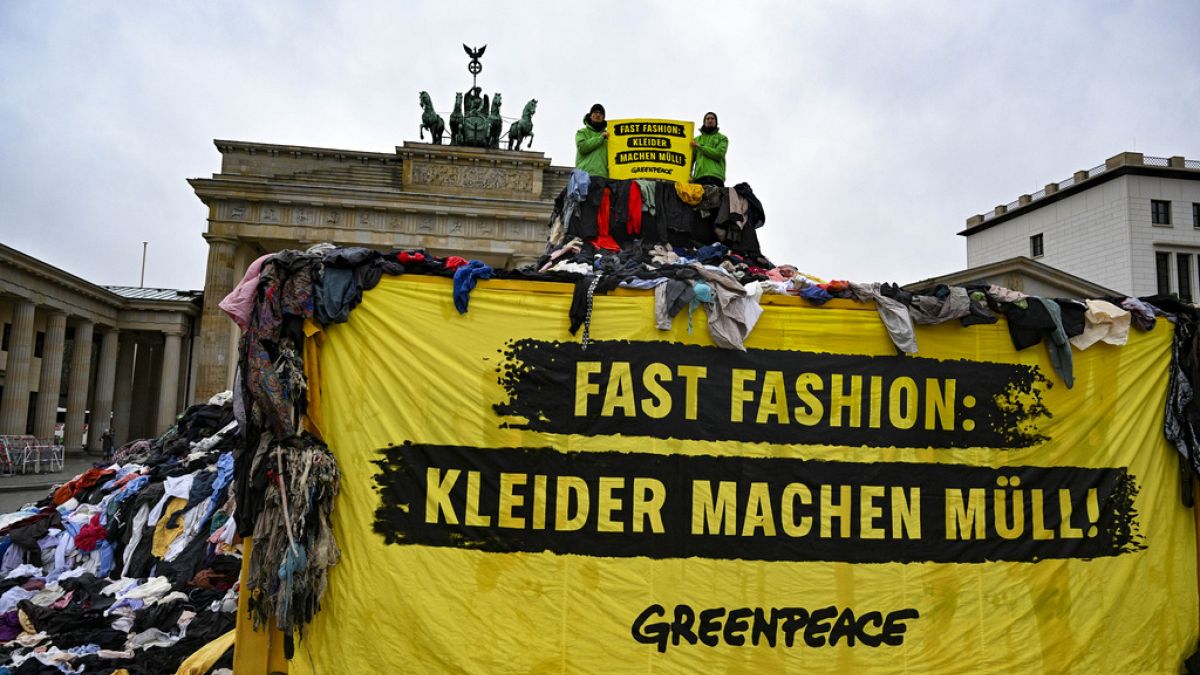European consumers demand greater transparency in fashion sourcing

The survey’s findings reveal that 74 per cent of European consumers believe it is important that clothes made from forest-derived fibres, known as man-made cellulosic fibres (MMCFs), are sourced from sustainably managed forests. Despite this significant concern, only 25 per cent of respondents feel that fashion brands are effectively addressing their environmental impact concerns regarding clothing made from these fibres. Moreover, a mere 13 per cent feel that brands provide adequate sustainability information about forest-derived fibres, such as viscose or lyocell, on clothing labels in stores.
Consumers in the UK, France, Italy, and Spain demand greater transparency and responsibility in fashion sourcing, as per a survey.
Key findings show 74 per cent want sustainably sourced MMCFs, 76 per cent worry about environmental impacts, and 78 per cent call for increased brand sustainability.
Over 60 per cent trust independent certifications.
The demand for transparency is further highlighted by the fact that 71 per cent of consumers would like to see a label certifying that the forest fibres in fashion collections come from sustainably managed forests, as per the survey.
Additionally, 59 per cent of European adults surveyed expressed willingness to pay more for a garment made from certified material, with 43 per cent willing to pay 10 per cent or more.
Environmental concerns are a significant factor for consumers, with 76 per cent of adults surveyed stating they would be worried if forest-derived fibres in their clothes had a negative environmental impact, such as deforestation, biodiversity loss, and climate change. The same percentage believes it is crucial that brands know the origin of the forest-derived fibres used in their collections. Furthermore, 78 per cent believe that fashion brands need to increase their sustainability efforts and responsibly source forest-derived fibres for their collections.
The value consumers place on sustainability is evident, as 64 per cent stated that sourcing from sustainably managed forests would increase the value of a brand. Independent sustainability certifications also play a crucial role in consumer trust, with 50 per cent of shoppers placing more trust in independent certification labels compared to 35 per cent who trust the brand’s own sustainability labels. Over 60 per cent indicated that the presence of a sustainability label on clothing positively influences their purchasing decisions, and 68 per cent stated they would purchase from brands that provide information about their sustainable sourcing practices.
Fibre2Fashion News Desk (DP)
Related
Scotland’s biggest landowner is fashion brand billionaire
A European fashion tycoon is the biggest landowner in Scotland—and perhaps even the UK. Danish billionaire Anders Holch Polvsen named the Highlands' richest
EU targets food and fast fashion in new war on…
Polish presidency of the EU Council announced breakthrough in early hours after marathon overnight talks on food waste reduction targets and measures t
Fashion must-haves for your spring semester in Europe
Preparing to study abroad can be incredibly intimidating. With all the emotional turmoil you’ll face in the weeks prior, the last thing you�
Worldview: Ukraine’s Adaptive Fashion for the War Wounded
🇺🇦 Ukrainian Fashion Week presents adaptive clothing for combat injuries. More than 40 fashion brands presented their latest collections at Ukrainian Fash











